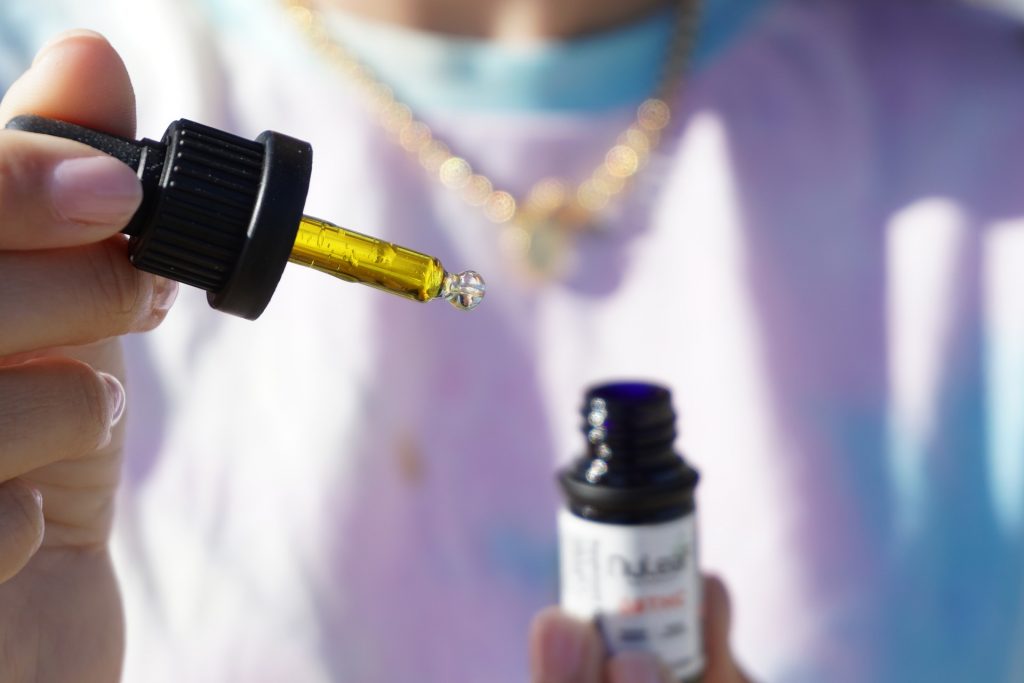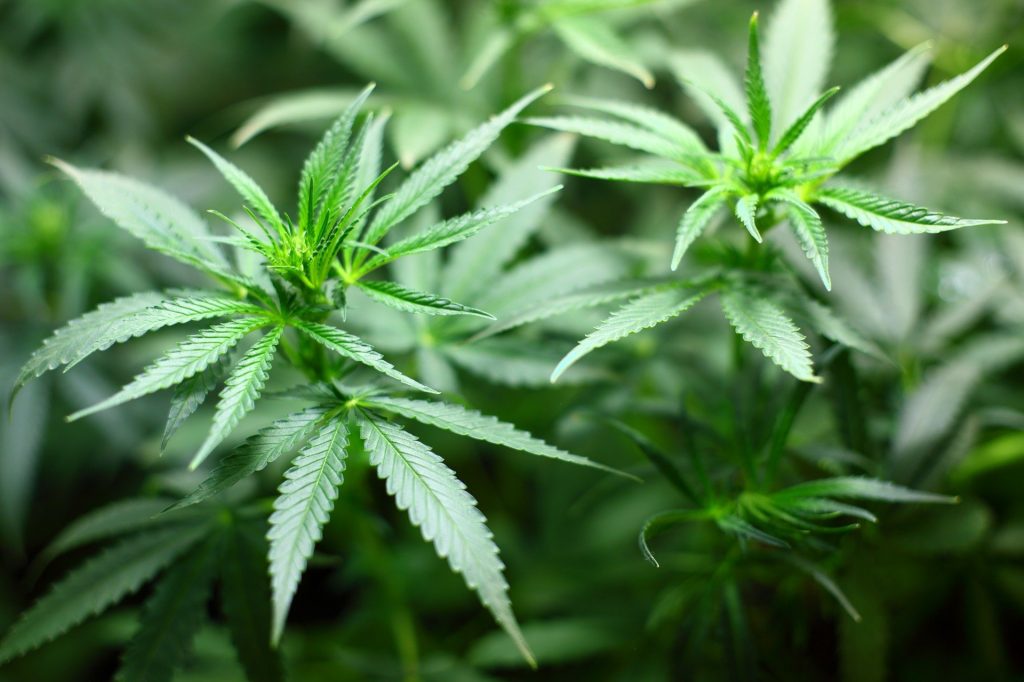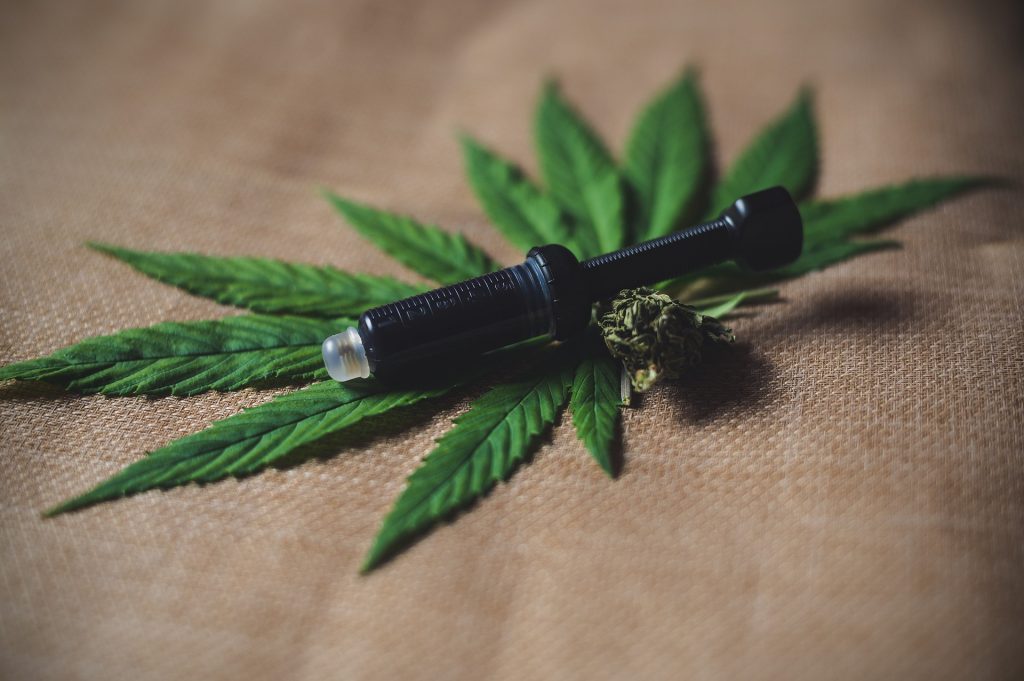
CBD, or else referred to as cannabidiol, is becoming an increasing number of usual. In fact, January is National CBD Month. The remove can be located in name-brand stores across the country and also in various items, consisting of lotion, pet treats, bathroom bombs, and sweet. As cannabidiol’s appeal expands, so does the market’s general well worth. Presently, the CBD market in the USA is forecasted to hit $23 billion in sales by 2025. To say the non-psychoactive extract is in high demand would be an exaggeration.
Yet what is CBD precisely, as well as why do individuals use it?
The cannabinoid is simply one out of the 100+ various other substances located in the marijuana plant, and it includes a list of pretty incredible benefits. While cannabidiol is related to and also typically associated with tetrahydrocannabinol (THC), they are really various. Certain THC stress are recognized to create or enhance anxiousness, as well as the chemical can lead to desires or addiction, and CBD is not known to possess psychoactive buildings or create stress and anxiety (it’s currently being examined to help those in dependency recovery).
With a lot details available, it can be tough to separate truth from fiction. That’s why we’ve combed via trusted sources and compiled the information you require to know– including the advantages, negative effects, as well as usual misconceptions related to CBD
The Advantages of CBD.
CBD is being studied increasingly more as the legalisation of cannabis gains energy throughout the nation. Until now, study has revealed that CBD communicates with the body’s receptors, consisting of the serotonin and opioid receptors. It does not, nonetheless, conveniently bind to cannabinoid receptors that impact the endocannabinoid or central nerves; THC does. Research studies additionally located that CBD has lots of advantages; it has been noted that CBD can aid relieve as well as, in some instances, cure the signs and also side effects of chronic conditions or various other ailments, including:
— Epilepsy
— Pain and inflammation
— Clinical depression as well as anxiousness
— Addiction monitoring as well as therapy
— Skin disease
— Neuroprotection
— Remedy for chemotherapy
— Rest
— PTSD
— Diabetes mellitus
— High blood pressure
Inevitably, cannabidiol research still has a long way to go; while the product’s effectiveness is still up for discussion, the existing searchings for are appealing. Still, it is important to speak with a physician before utilizing CBD in any kind of form.
What are the Adverse Effects of CBD?
As pointed out over, there is limited study on CBD and also its effects on one’s physical, psychological, and emotional health. Numerous note feeling less distressed, energised, and well-rested after taking pure CBD. However, because of an absence of law and also understanding, some negative side effects have actually been recorded. Possible side effects may consist of fatigue, dry mouth, modifications in cravings, or looseness of the bowels.
CBD has actually also been recognized to interact with particular medications; it’s important to talk with a doctor prior to integrating any kind of CBD items right into your lifestyle.
Myth vs Fact
CBD features a checklist of myths and also mistaken beliefs– yet it’s time to set the document directly.
- Misconception: CBD is addictive.
Reality: In 2017, the World Health and wellness Company discovered that “CBD displays no impacts indicative of any kind of abuse or dependancy capacity” in human beings.
- Myth: There’s no scientific research dealing with CBD.
Fact: The exact same record by the Globe Health Company reported that CBD has “been shown as an efficient therapy for epilepsy.” The WHO likewise found the essence revealed preliminary evidence for properly aiding those with cancer cells, Alzheimer’s, Parkinson’s, psychosis, multiple sclerosis, as well as diabetes.
- Myth: CBD works the exact same for every person.
Fact: Several elements play into exactly how CBD affects you. Your state of health and wellness, genes, metabolic process, as well as various other bodily features can ultimately impact the cannabinoid. Your body’s endocannabinoid system can additionally modify how the substance responds.
- Misconception: CBD is non-psychoactive.
Truth: Although CBD does not generate the same effect as THC, many individuals report less anxiousness and also brighter state of minds. Since CBD impacts your serotonin receptors, it is rather common to experience an euphoric feeling when eating CBD. Research studies likewise found that CBD has the ability to increase your body’s manufacturing of anandamide, the same chemical the body launches after workout.

